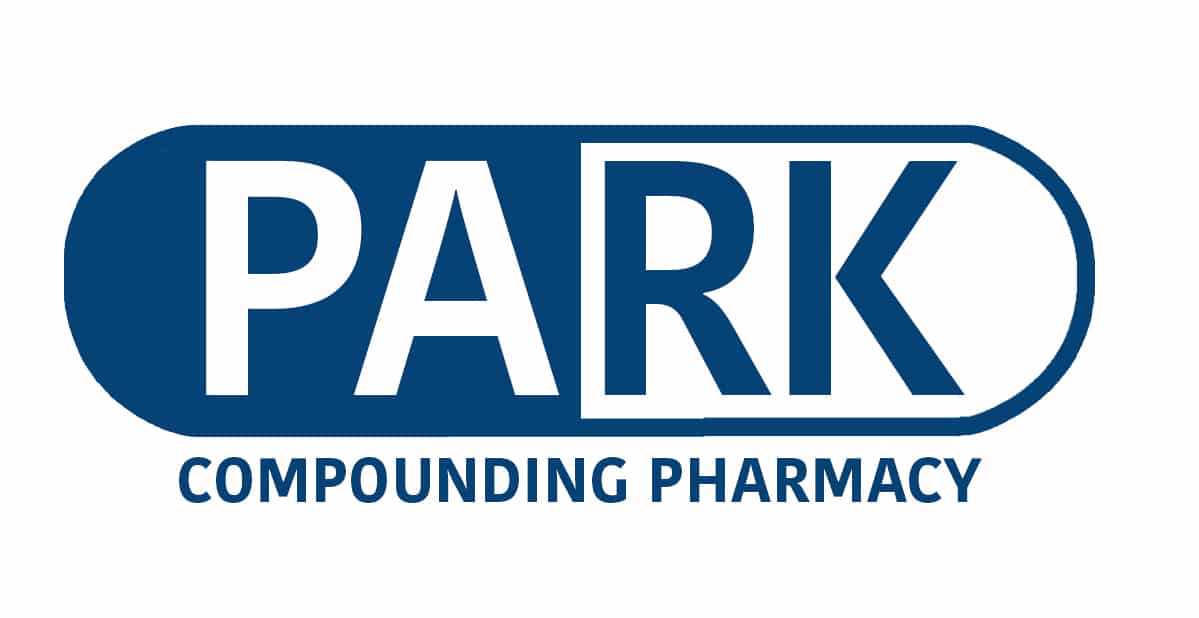Spring is the time when people with seasonal allergies usually suffer the most. Seasonal allergies can vary depending on location, but high pollen counts in the Spring and Summer are the cause of many allergy-sufferers sinus symptoms. Allergens during these seasons can cause a condition called allergic rhinitis, which is another name for the familiar runny nose, sneezing, and itching associated with an allergic response.
While some people will try to treat the symptoms of allergic rhinitis on their own with over-the-counter medication, it is usually best to see a doctor before starting any kind of treatment. This is especially true for children, women who are pregnant, and older adults. Certain medications may need to be prescribed in lower doses for children. For women who are pregnant it may be recommended that no allergy medications be taken during the first trimester.
If you experience side effects from a medication that make you tired your doctor may tell you to use a different kind of medication based on the time of day. Certain medications like antihistamines will make you more tired than others and may be better to take in the evening. A combination of medicines could also be used to treat all of your allergy symptoms.
Antihistamines and Decongestants
Antihistamines are often the first line of treatment for seasonal allergy sufferers. They work by stopping the effects of histamine produced by an allergic reaction. Overactive production of histamine can lead to a runny nose, sneezing, itching, and other symptoms. Generally antihistamines are safe and effective for treating allergic rhinitis symptoms, although they are not effective at treating nasal congestion. Because of that, a decongestant may be used along with an antihistamine. A decongestant can stimulate vasoconstriction, which means that it increases blood pressure in the nasal cavities to provide relief.
Mucolytics
With allergy symptoms often comes significant mucus production that can lead to difficulty breathing and a runny nose. A mucolytic applied intranasally dissolves mucus so that it drains more easily from the sinuses. An example of a mucolytic we compound is N-Acetylcysteine (NAC). NAC is available in a nasal spray or an atomizer that is applied directly to the nasal passages.
Corticosteroid Nasal Sprays
Nasal corticosteroids reduce inflammation in the nasal passages. They can lessen swelling and mucus that form when a person is having an allergic response. One of the best methods of delivery to treat allergy symptoms with nasal corticosteroids is an atomizer. An atomizer delivers medication directly to the nasal passages in small particles that are able to penetrate deep into the sinus cavity, which provides immediate relief of many symptoms.
Corticosteroids are a highly effective way of treating allergic rhinitis. That’s because they improve all the major symptoms including congestion, sneezing, itching, and runny nose. Usually these medications are prescribed for daily use as long as allergens are present in the environment. Examples of nasal corticosteroids we compound are betamethosone and budesonide.
Compound Medications for Allergic Rhinitis
Seasonal allergy sufferers can get the relief they need without taking a pill by using medication intranasally. Direct application of a medication to the nasal cavity with a spray or atomizer can be an effective treatment method that does not have the systemic effects of taking an oral medication. At Park Compounding Pharmacy we provide multiple ways of delivering sinus medication to treat allergic rhinitis so that patients can get relief from seasonal allergy symptoms quickly.








Pingback: Budesonide in Saline Nasal Rinse Improves Chronic Rhinosinusitis Symptoms